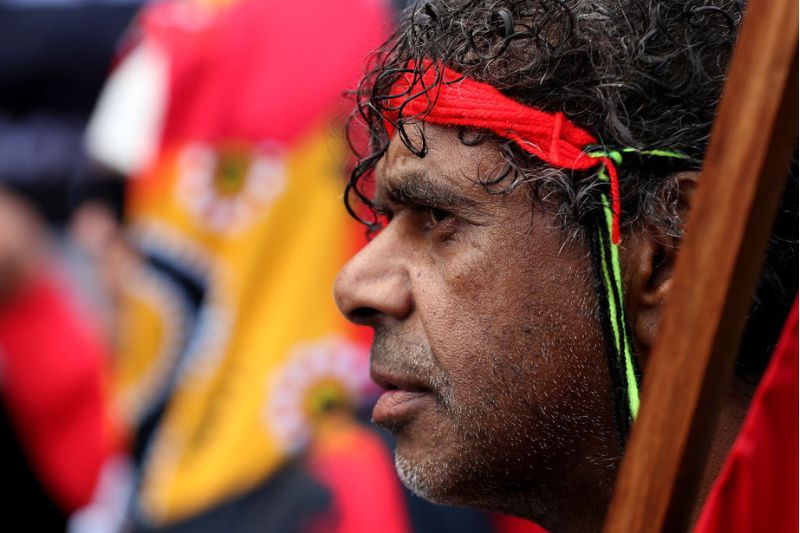lukedog
Kennel Participant
- Joined
- Mar 21, 2023
- Messages
- 313
- Reaction score
- 282
Celeste Liddle, Arrernte woman and Aboriginal writer/activist.

 www.eurekastreet.com.au
www.eurekastreet.com.au

Voices beyond Yes and No
Later this year, Australians will vote on a referendum to enshrine an Indigenous Voice to Parliament, but many Indigenous Australians remain undecided, reflecting the complexities of the issue. The debate over the Voice to Parliament extends beyond the referendum question to encompass broader...
As a critical thinker and an Aboriginal person, I can tell you one thing that has not been helping: the continual framing that the 'yes' campaign is progressive and the 'no' campaign is conservative. This ignores the fact that constitutional recognition of Aboriginal and Torres Strait Islander people was an idea that initially came from the conservative side of politics, as recently pointed out by Noel Pearson. It also ignores the fact that Warren Mundine and Jacinta Price are not the voices of a no campaign that actually represents Indigenous views, as eloquently pointed out by Amy McQuire. Things are significantly more complicated than this. As Thorpe stated on Radio National, we have seen a continual erasure of progressive Indigenous voices who are calling for a 'no' vote, or even those who are more questioning of what difference a Voice to Parliament might really make. Recently, on Living Black, we saw a panel of Aboriginal and Torres Strait Islander people from a range of different perspectives tease some of these questions out. I recommend watching this as a starting point to gain some scope of the discussions happening in the Indigenous community right now.
For there are some who believe the order of business in the Uluru Statement is wrong and requires a rethink. There are others who believe that we are wasting our time with both a Voice and a treaty process and believe that Indigenous sovereignty, by itself, is the way forward. There are plenty who tentatively agree that the Voice is a good idea but wish it had more power at its disposal. And there are many others who are asking questions.
